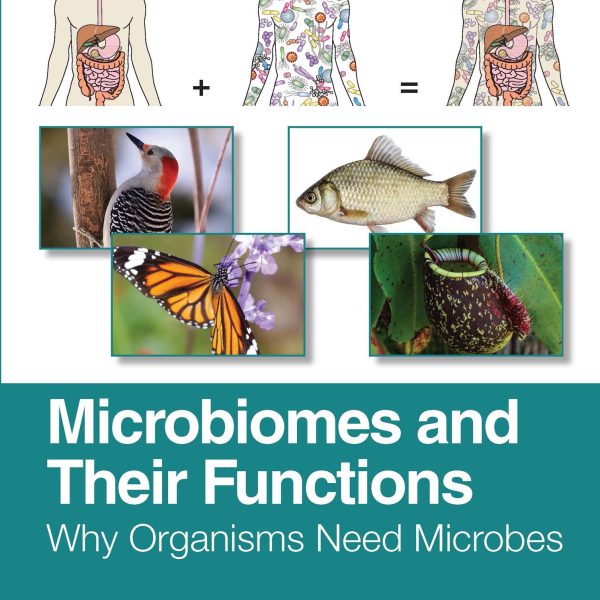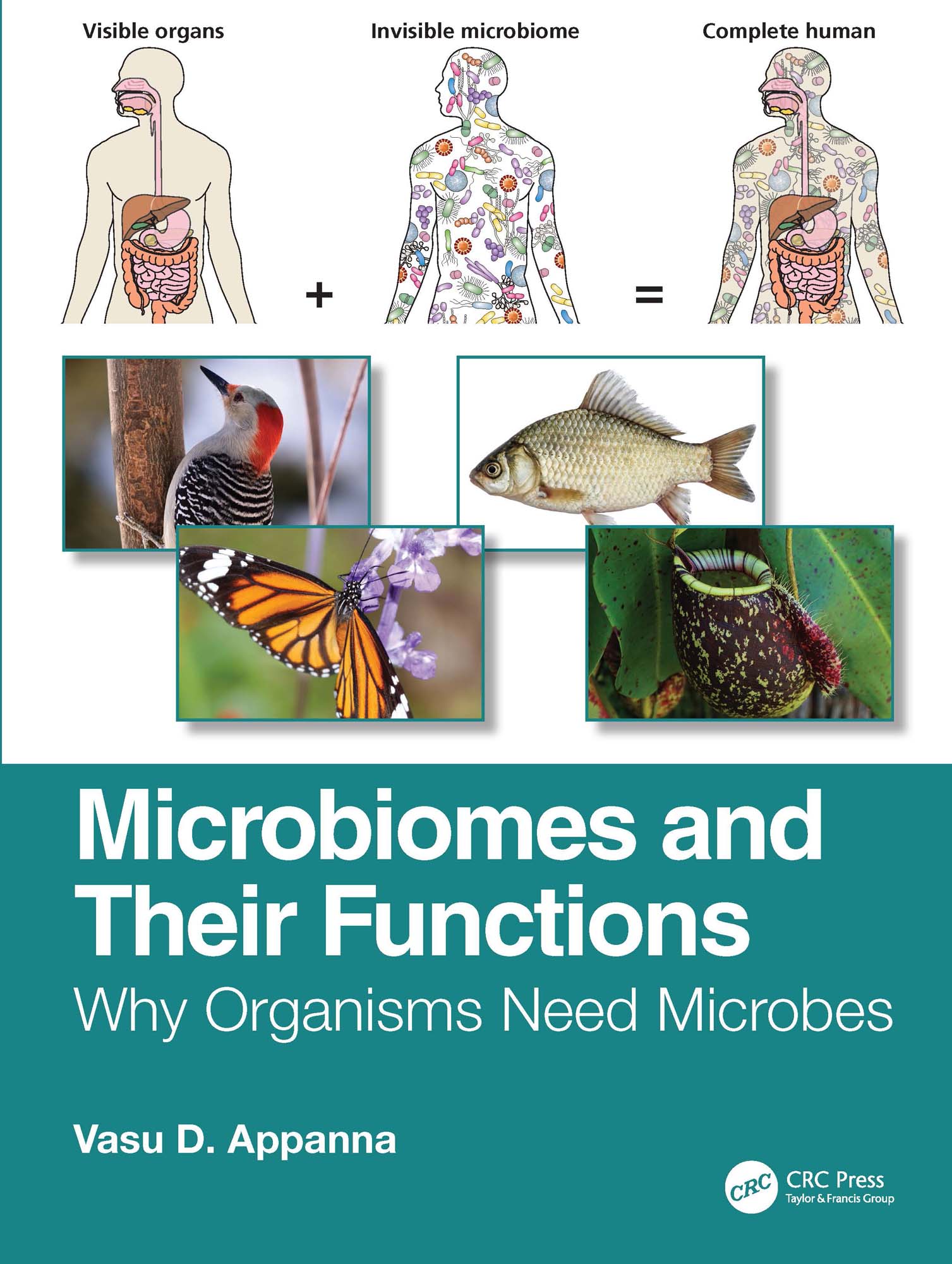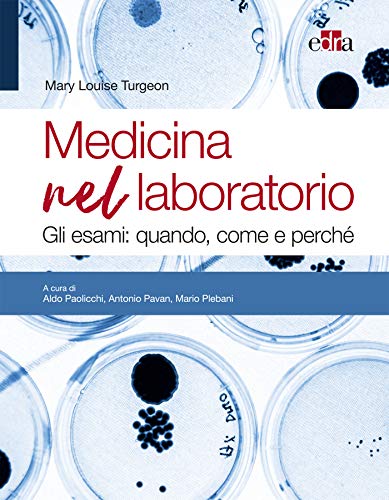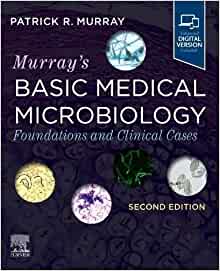-61%
Understanding the Significance of Microbiomes in the Life of Multicellular Organisms
In the intricate tapestry of life, where the visible and invisible intertwine, the significance of microbiomes emerges as a transformative understanding. These communities of microorganisms, hidden within and upon the bodies of multicellular organisms, play a profound role in shaping their existence.
Microbes: Integral Partners in the Dance of Life
Microbes are not mere bystanders in the realm of living organisms but rather essential partners, deeply embedded in the very fabric of life. Like unseen puppeteers, they orchestrate vital processes, directing the course of their hosts’ health and well-being.
Digestive Symphony: A Microbial Chorus
Within the digestive symphony, microbes conduct a harmonious chorus of enzymatic melodies. They break down complex food molecules into digestible components, enabling the host to absorb essential nutrients. This partnership extends beyond digestion, as microbes also assist in the assimilation and utilization of these nutrients, ensuring the host’s metabolic symphony remains in tune.
Communication Networks: Microbes as Messengers
Microbiomes are not only digestive virtuosos but also skilled communicators. They secrete a myriad of molecular signals that resonate with host cells, fostering a constant dialogue between the microbial and host realms. These microbial messengers influence the host’s immune responses, developmental pathways, and even cognitive functions.
Nutrient Guardians: Microbes as Providers
As nutrient guardians, microbiomes act as gatekeepers, diligently synthesizing vitamins and essential amino acids that the host cannot produce on its own. These microbial gifts nourish the host’s body, ensuring its optimal functioning.
Foreign Intrusion: Microbes as Defenders
In the face of foreign invaders, microbiomes stand as formidable guardians, repelling pathogenic threats that seek to disrupt the host’s well-being. Their defense mechanisms range from producing antimicrobial peptides to strengthening the host’s immune system, ensuring the battle against pathogens is waged and won.
Developmental Orchestrators: Microbes as Architects
Microbiomes play a pivotal role in the development of their hosts, guiding the blueprints that shape the form and function of organs and tissues. They influence immune system maturation, modulate metabolic pathways, and promote the proper development of the nervous system.
Well-being Enchanters: Microbes as Healers
The influence of microbiomes extends beyond mere survival to the realm of well-being. They contribute to the host’s psychological and emotional states, acting as invisible cheerleaders or sympathetic listeners, fostering a sense of balance and harmony within.
Dysbiosis: A Disruption in the Symphony
When the delicate equilibrium of microbial communities is disturbed, dysbiosis sets in – a disharmony that can resonate throughout the host’s body. This imbalance can lead to a cascade of detrimental effects, including increased susceptibility to diseases, impaired food security, and disruptions in the ecological balance.
Microbiomes: Catalysts of Planetary Health
The significance of microbiomes extends beyond the individual host to the planet as a whole. They play a pivotal role in cycling nutrients, mitigating climate change, and ensuring the health of ecosystems that sustain life.
Conclusion: Unveiling the Invisible Organs
Microbiomes are the unsung heroes of biology, invisible organs that exert a profound influence on the life of virtually all multicellular organisms. Their contributions range from digestion to communication, nutrient supply to pathogen defense, development to well-being. As scientists continue to unravel the intricate mechanisms of microbiome-host interactions, the significance of these invisible partners becomes increasingly apparent, shaping our understanding of life itself.










Reviews
Clear filtersThere are no reviews yet.